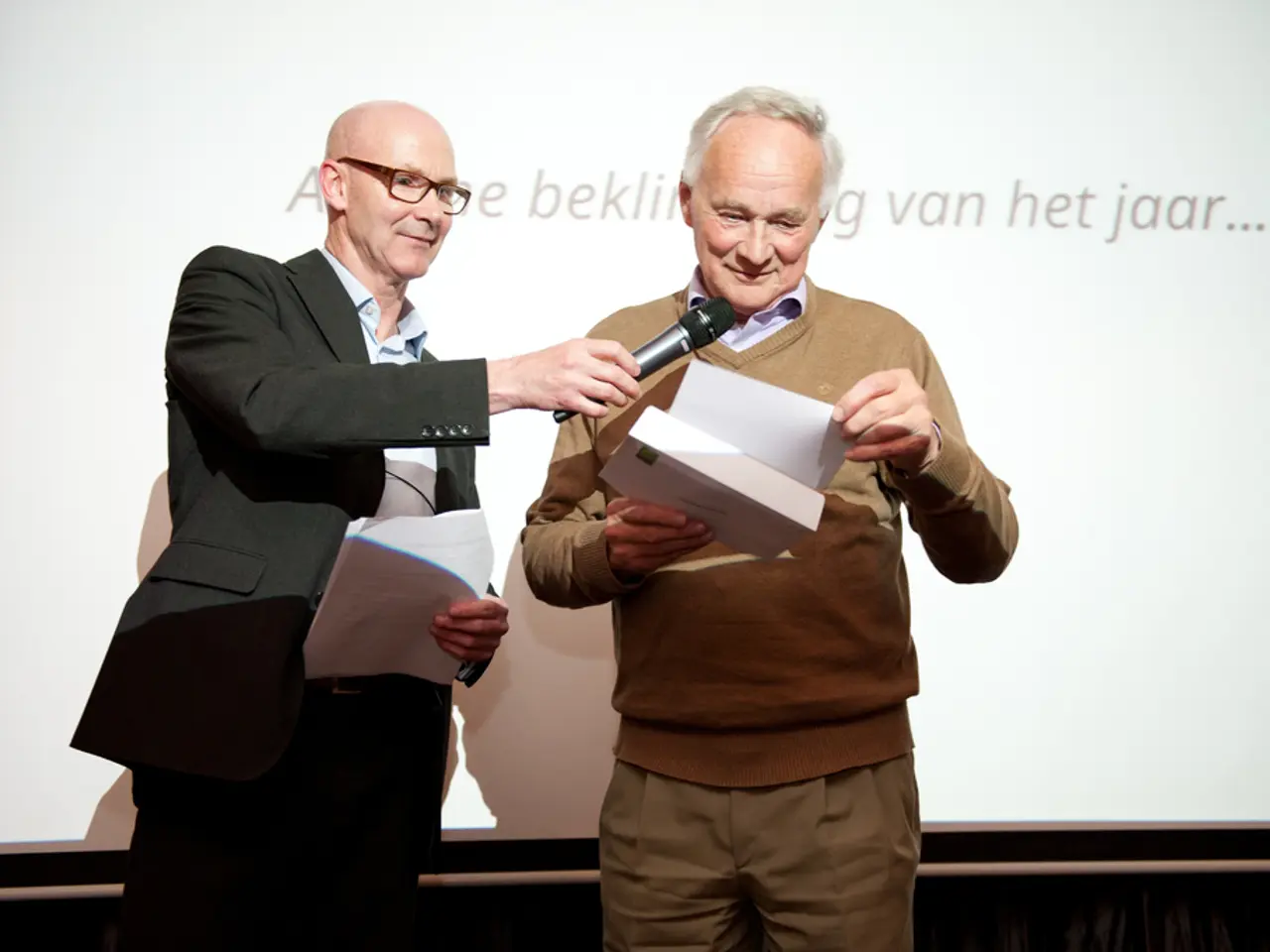Union and SPD Oppose Extraordinary Parliamentary Session for Judicial Elections
## Stalemate in Plans for New Constitutional Judges
Plans for a special session of the German Bundestag to elect new judges to the Federal Constitutional Court have been shelved due to a deepening political and societal divide over abortion and the suitability of a key nominee, Professor Frauke Brosius-Gersdorf.
The Greens had initially proposed a special session during the current week, but this was rejected by the coalition factions of Union and SPD, as well as the Left. The Left also joined in rejecting the Greens' subsequent proposals for a special session.
The controversy surrounding Brosius-Gersdorf, a law professor at the University of Potsdam, has been intense. Her involvement in a federal commission examining the decriminalization of abortion has made her a focal point for opposition, particularly from Catholic leaders and lay Catholics who denounced her views as a "domestic political scandal."
This opposition was significant enough to make it clear that Brosius-Gersdorf would not secure the required two-thirds majority in the Bundestag for confirmation, prompting the postponement of the planned vote.
Steffen Bilger (CDU) and Dirk Wiese (SPD), the parliamentary business managers of Union and SPD, wrote a letter to the Green parliamentary group leaders regarding this decision. In the letter, they stated that they are united in the goal of filling the judge positions, but they see "no current urgency" for the election of new constitutional judges.
As a result, the Bundestag has postponed the vote, and no new timetable for filling the vacant constitutional judgeships has been announced. The political process remains at an impasse, and the coalition factions of Union and SPD have not yet scheduled a special session of the Bundestag for the election of new constitutional judges.
The delay has highlighted the fragility of the new coalition and the high stakes of judicial appointments in Germany’s political culture, especially when they intersect with deeply moral and cultural debates. For now, the vacancies remain unfilled, with the next steps dependent on whether the coalition can reach consensus internally and whether public pressure shifts in the coming weeks.
- The deepening political divide over abortion and the suitability of Professor Frauke Brosius-Gersdorf in politics has led to a stalemate in policy-and-legislation concerning the election of new judges to the Federal Constitutional Court.
- The current impasse in the political process regarding the filling of vacant constitutional judgeships is emphasizing the high stakes of judicial appointments in Germany’s political culture, particularly when they intersect with general-news issues like deeply moral and cultural debates.







